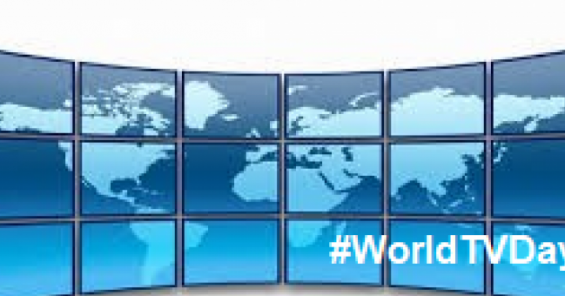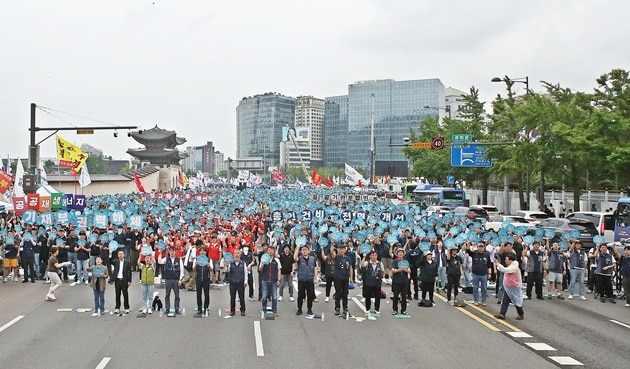In a statement released on today’s World Television Day, the global community of media & entertainment unions affiliated to UNI Global Union representing television workers in more than 100 countries call on national governments, intergovernmental organisations, political parties and all organisations interacting with television workers to respect and protect the political independence of TV networks and the safety, freedom and rights of all workers who make television happen.
UNI MEI President, Matthew D. Loeb said “Too many television workers have lost their lives, too many colleagues have been robbed of their freedom and too many women and men are pressured, intimidated and harassed in their daily endeavour to produce quality, independent and trustworthy news.”
“Our unions are committed to protect all television workers and we call on governments and all political actors to respect and defend television workers, their safety, political independence and rights”, Loeb stressed.
UNI MEI is concerned with the rise of attacks on TV networks and their staff by representatives of governments and political parties. Attempts to curtail the political independence of public broadcasters by oppressive regulation and the undermining of the authenticity and credibility of news reporting constitute a threat to the independence of television and hence the freedom within democratic societies.
The unions underline that the political independence of television is also in danger as threats against journalists and all television workers in news production are on the rise. Many journalists and television workers face political pressure, intimidation, harassment and violence.
These attacks must stop and the attackers must be brought to justice.
Download the full statement below: in English, French and Spanish.
Also download the joint statement on the situation of public service broadcasting in Turkey of the Turkish television workers at TRT, their unions and partner organisations. UNI MEI is in support of their call in defence of pluralism of opininion and independence of public service broadcasting.


